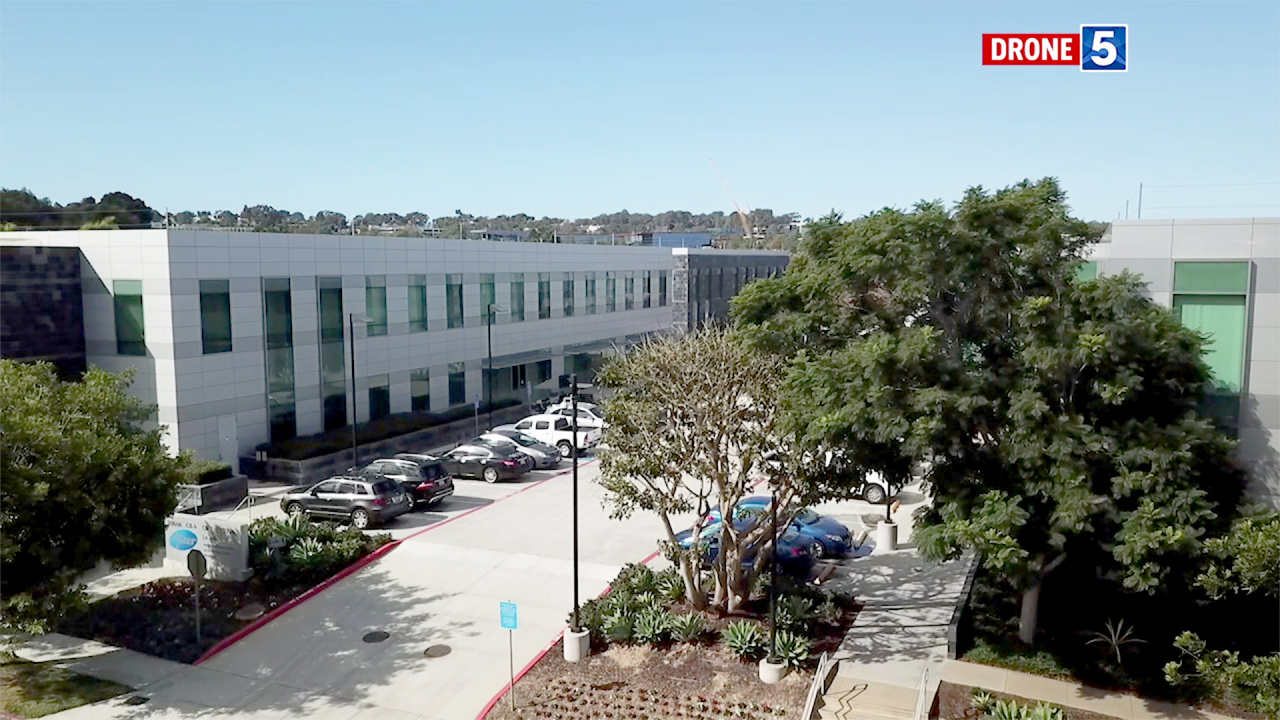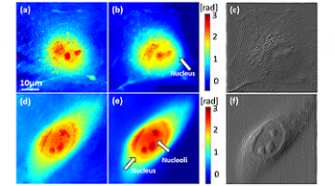LA JOLLA, Calif. — The Pfizer vaccine that has shown promising results in trials is one of four vaccines doctors in San Diego are considering for staff and patients.
The Pfizer vaccine uses technology called messenger RNA, or mRNA, to produce an immune response in people who are vaccinated. It uses genetic material to trick cells into producing bits of protein that look like COVID-19. Then, the immune system attacks those bits and, in theory, would react fast to any actual infection.
Dr. Anil Keswani is co-chair of the Scripps Health COVID-19 Vaccine Committee, which is tasked with deciding which vaccine they will provide their staff and patients.
“This is not the end of the study, nor do we want to 100% put our confidence in it until the data finally comes in. But at first glance, the efficacy looks incredible,” Keswani said.
Pfizer announced Monday that researchers found the vaccine to be 90% effective during what they called a peek at the data. The Federal Drug Administration was hoping for 50%.
The timeline is still a ways off but leaders at Pfizer, which has labs in San Diego, say they are confident they will have a vaccine before the end of the year.
“Let’s say the science is solid, what does it take to reassure people of whether it is the right vaccine to take and when is the right time?” Keswani said.
Pfizer most likely won’t be the only choice of vaccine. Keswani says they’ve narrowed it down to four: Pfizer, Moderna, Johnson and Johnson and AstraZeneca.
“Both Moderna and Pfizer are using mRNA – a messenger RNA platform. There’s never been a vaccine using messenger RNA that’s been approved, which is what Pfizer is going after,” said Susan Little, principal investigator for UC San Diego for the AstraZeneca and Janssen trials. “This reflects advances in science, rather than something that should be viewed as scary. I think advances in science have allowed us to do things today that we weren’t able to do 10 years ago.”
AstraZeneca is expected to provide a peek at its data in March. Moderna could also have a vaccine by early 2021.















